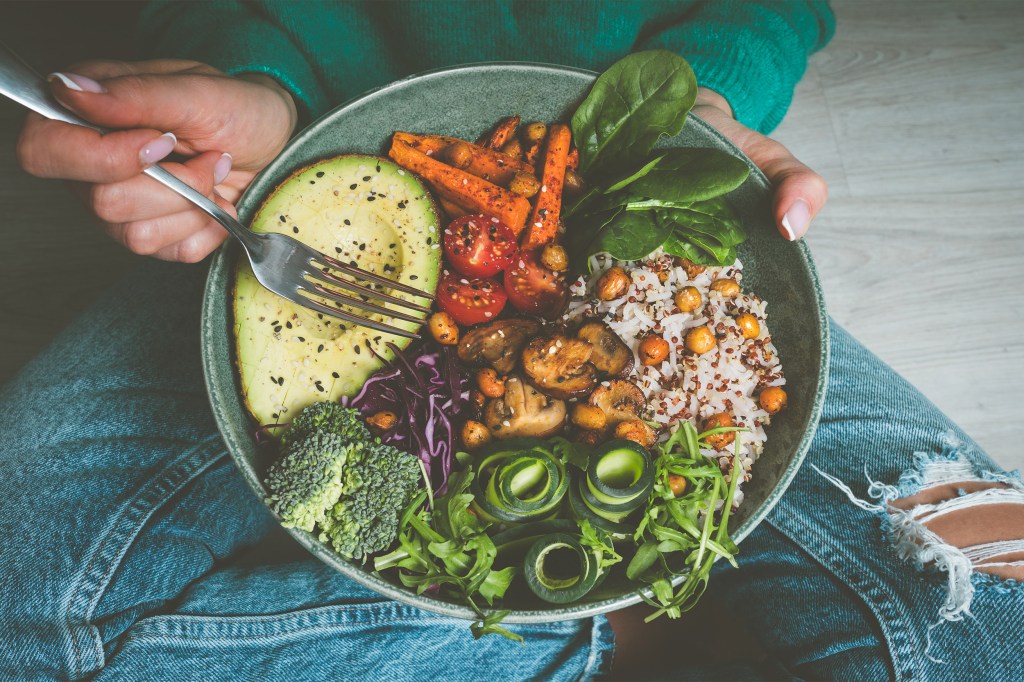Health
-

6 keys to a long, healthy life (ice cream included)
Also, why reading Ben Franklin beats climbing Mount Everest
-

Six cancers rising faster in younger adults than older ones
Large new global study fuels growing concern over trend of increases in several types

-

What’s next for GLP-1s?
Scientists eye new treatment targets for popular weight-loss drugs, from heart failure to addiction
-

Pricey blockbuster GLP-1s are costing users — and most of the rest of us, too
Health insurers are passing along cost for coverage in form of higher rates across the board, policy researcher says
-

Drinking 2-3 cups of coffee a day tied to lower dementia risk
Caffeinated tea also found to slow cognitive decline in study

-

New AI tool predicts brain age, dementia risk, cancer survival
Unlike other AI models, BrainIAC needs limited data to ID key neurological health indicators

-
Menopause depression risk has been exaggerated
Some groups are more vulnerable but symptoms far from universal, review finds

-
Time to finally stop worrying about COVID?
Chan School’s William Hanage says CDC may have eased some recommendations, but vulnerable populations remain just that
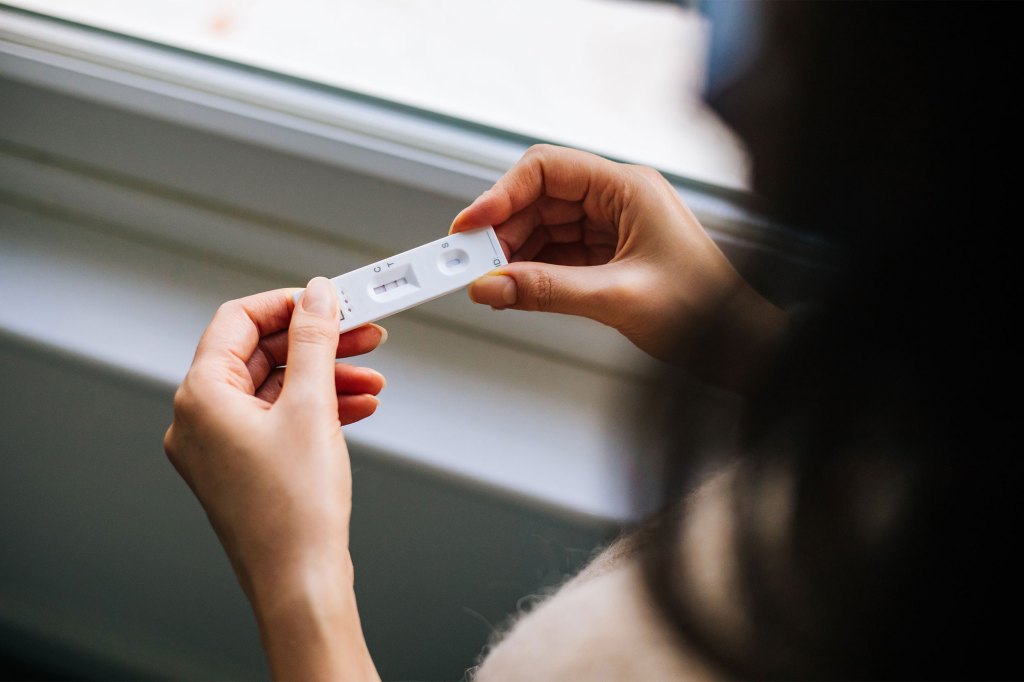
-
Despite prevalence, arthritis, neck and back pain receive few research dollars
Musculoskeletal diseases are the leading cause of years lived with disability
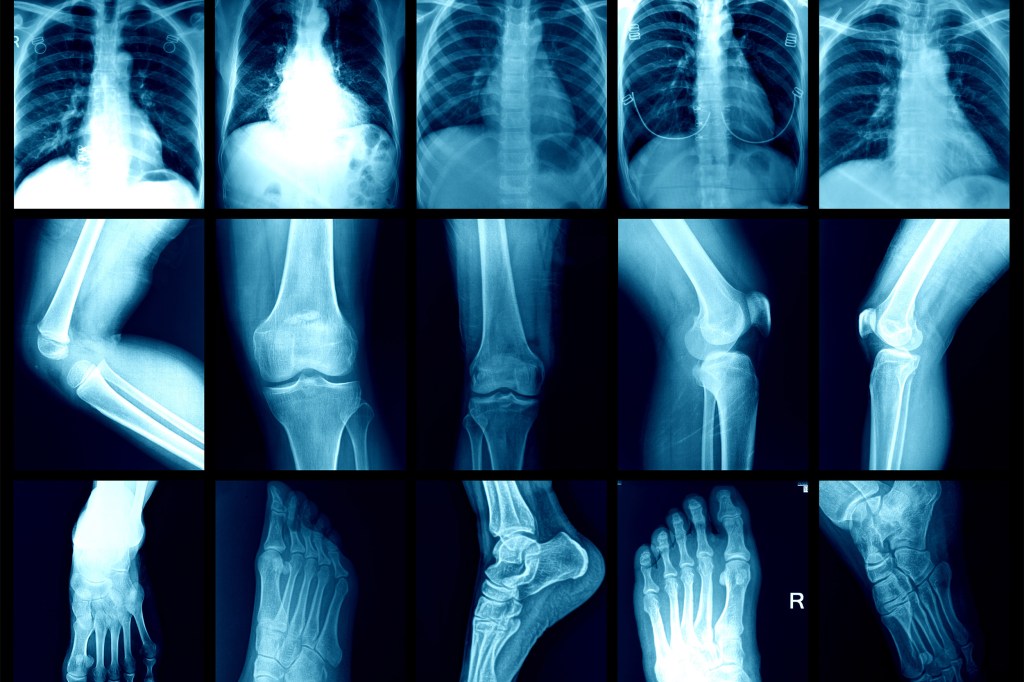
-
Potential link to an everyday food in cancer findings
Oleic acid, key component of olive oil, implicated in metastasis — but investigators emphasize the need for more clarity
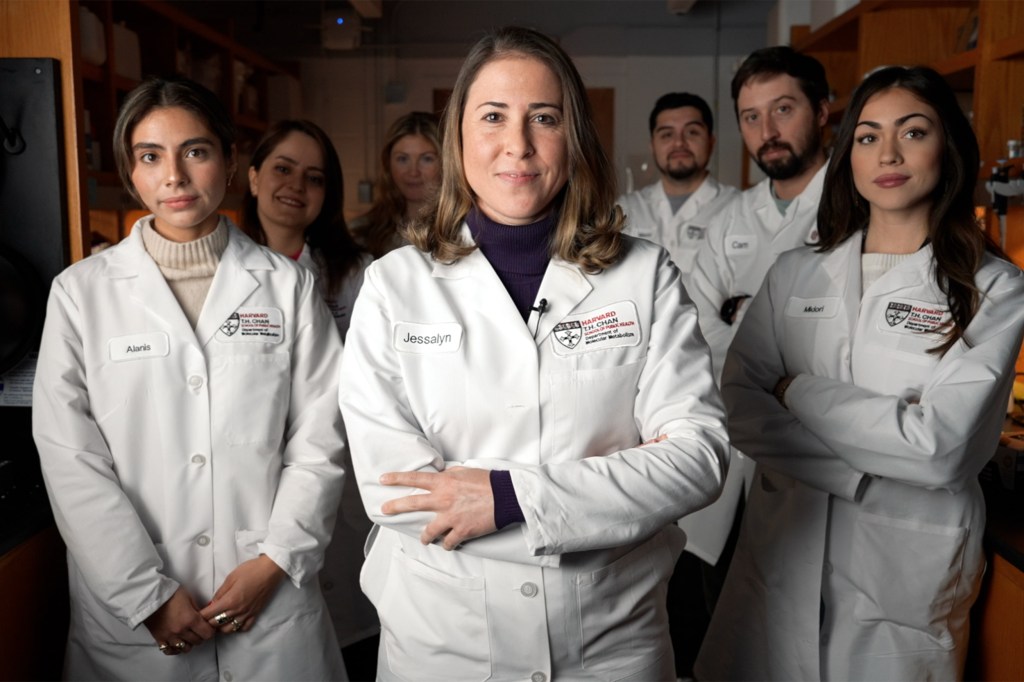
-
Finding flaws in superbugs’ armor
Harvard biochemists’ research paves the way for development of new antibiotics
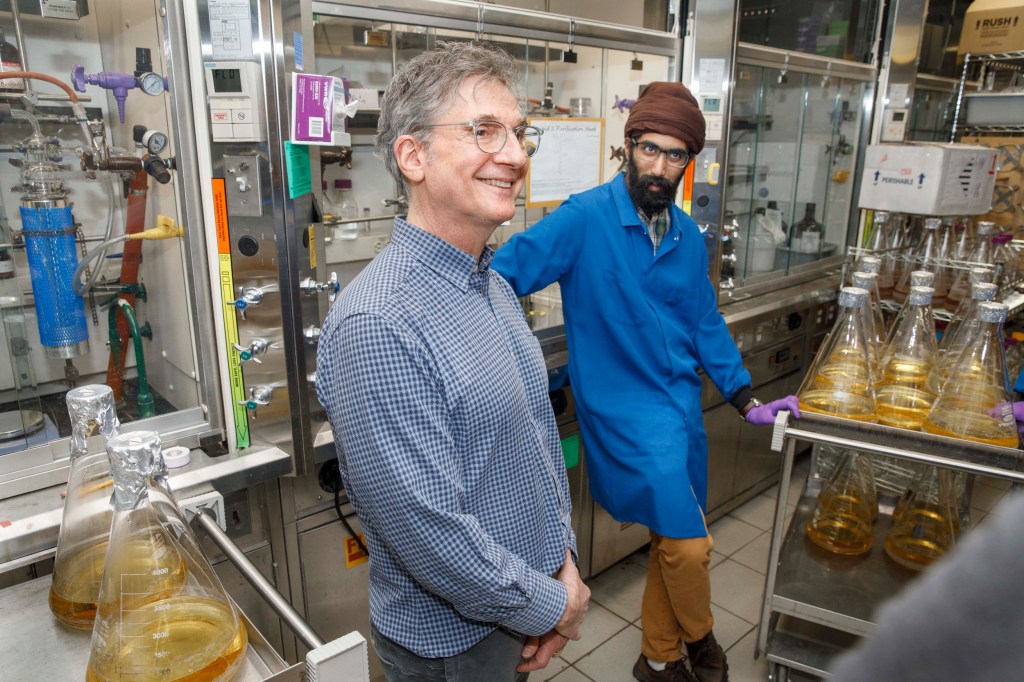
-
Her friends’ parents were dying of cancer. Then her mom got sick.
Childhood tragedy sparks Harvard researcher Jen Cruz’s quest to root out public health inequities

-
How to deliver very bad news
It’s hard to be a doctor. This is when it’s really hard.
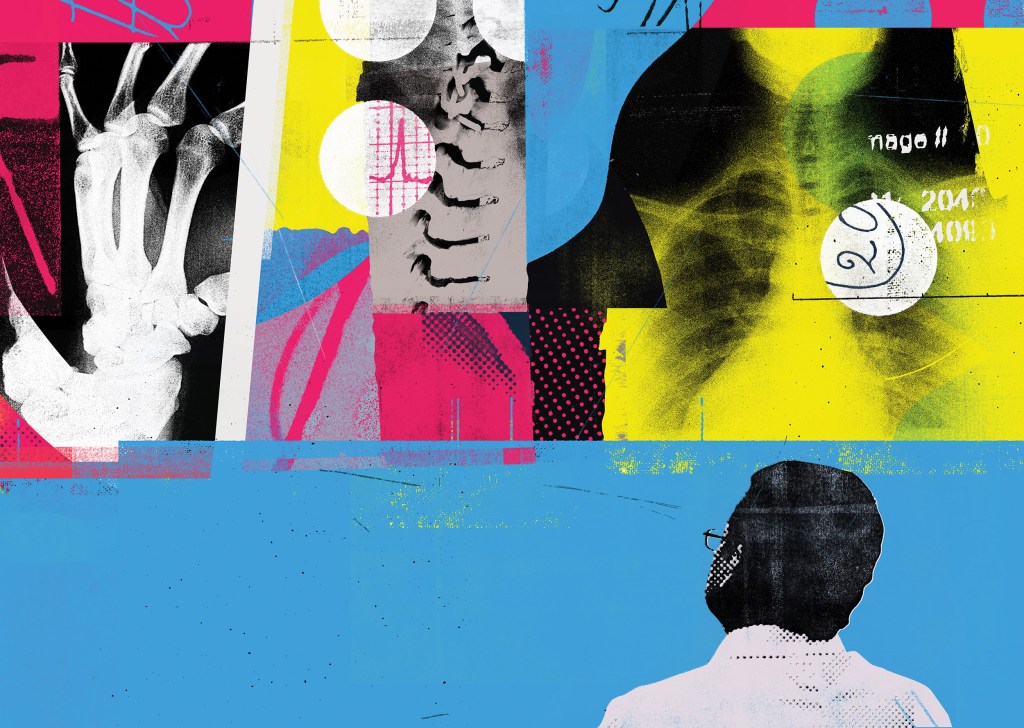
-
Do high-stress jobs put pregnancy at risk?
Study compared outcomes for expecting doctors, lawyers. One group fared worse.

-
What if the hospital was at your house?
Study finds ‘acute’ care at home effective, improves patient experience — could slow rising healthcare costs

-
Was racism a factor in mother’s leukemia?
Dale Blackstock grew up low-income, became a physician. Her death left daughter Uché, also a doctor, with a lesson on color, class, healthcare

-
Looking to rewind the aging clock
Harvard researchers create model that better measures biological age, distinguishes between harmful and adaptive changes during life

-
Potential new weapon in battle against superbugs
Harvard team’s synthetic molecule highly effective against drug-resistant bacteria
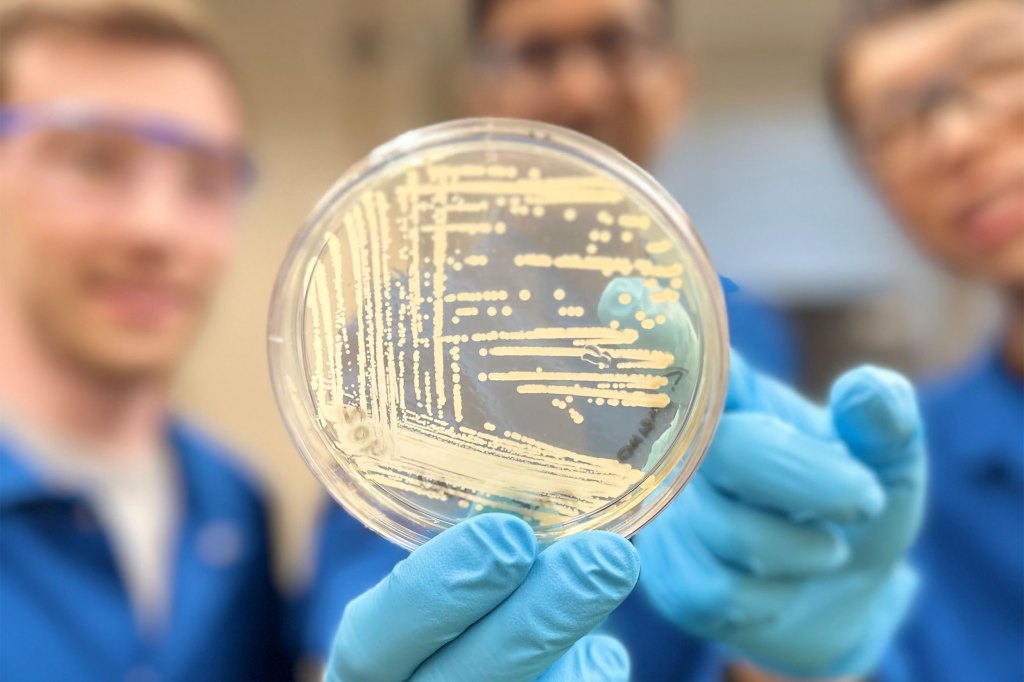
-
What do we do with our loneliness?
‘Harvard Thinking’ looks at health crisis with experts Jeremy Nobel and Milena Batanova

-
A win for science, and patients, against brain injury ‘nihilism’
Hope for progress even after a 450-foot fall, trial shows, defying pessimism that hurts research and families

-
We’re social beings. So are microbes.
When we pick up our neighbors’ bugs, we get the good as well as the bad and the ugly

-
New evidence shows COVID-19 isn’t done with us yet
Study suggests lack of regular care and screenings set stage for worse public health outcomes, wider disparities

-
How to shrink the cancer risk in your diet
Less junk. Forget fasting. Cook, cook, cook.

-
Cancer keeps coming for the young. Why?
Harvard’s Kimmie Ng among gastrointestinal specialists hunting culprit behind global disease wave
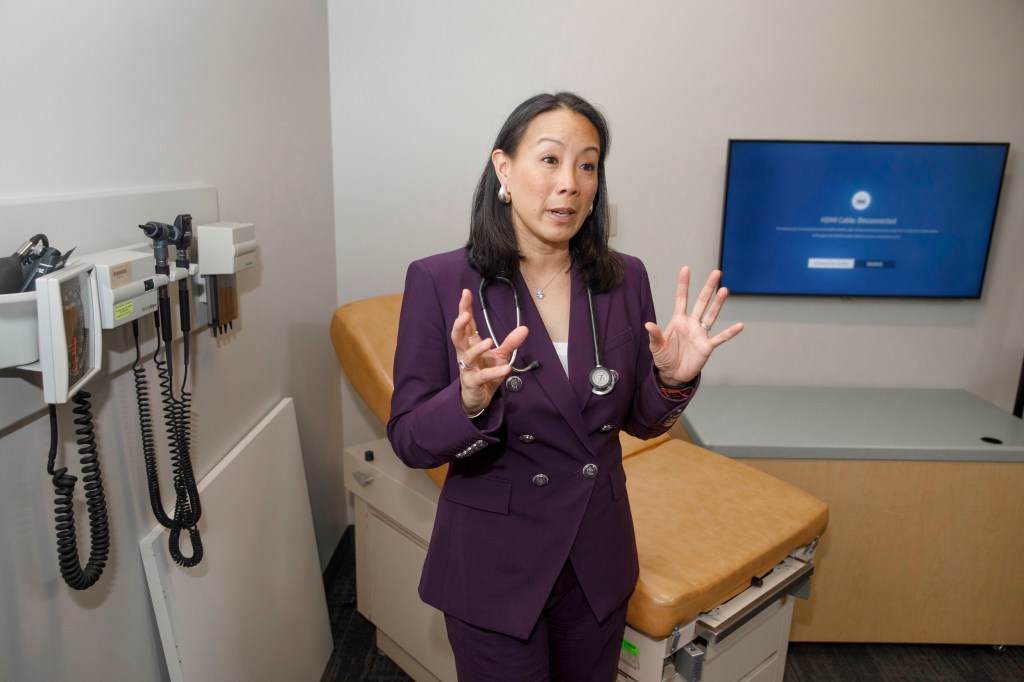
-
How ‘Ozempic shaming’ illuminates complexities of treating weight problems
Obesity physician says it’s not simply lack of willpower, details research into destructive effects of stigma around body size
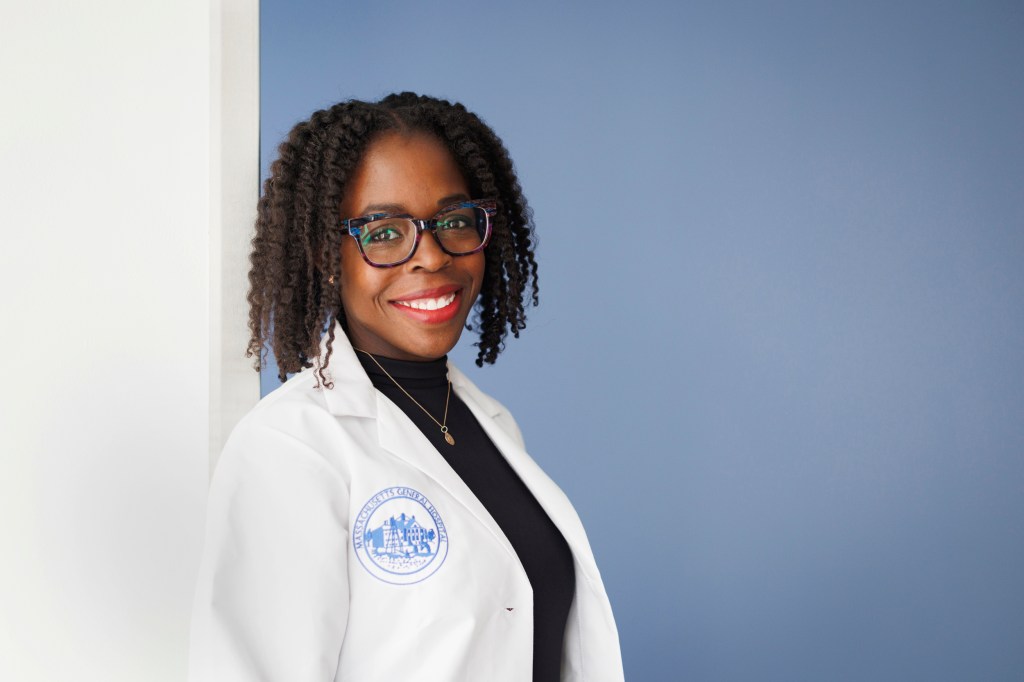
-
More than meets the eye
Mass. General photo contest celebrates art of science Annual awards call attention to the research underlying stunning scientific images.

-
AI model flags high-risk pancreatic cancer patients 18 months before diagnosis
Novel approach caught 3.5 times as many cases than current screening guidelines would have for 40-plus group
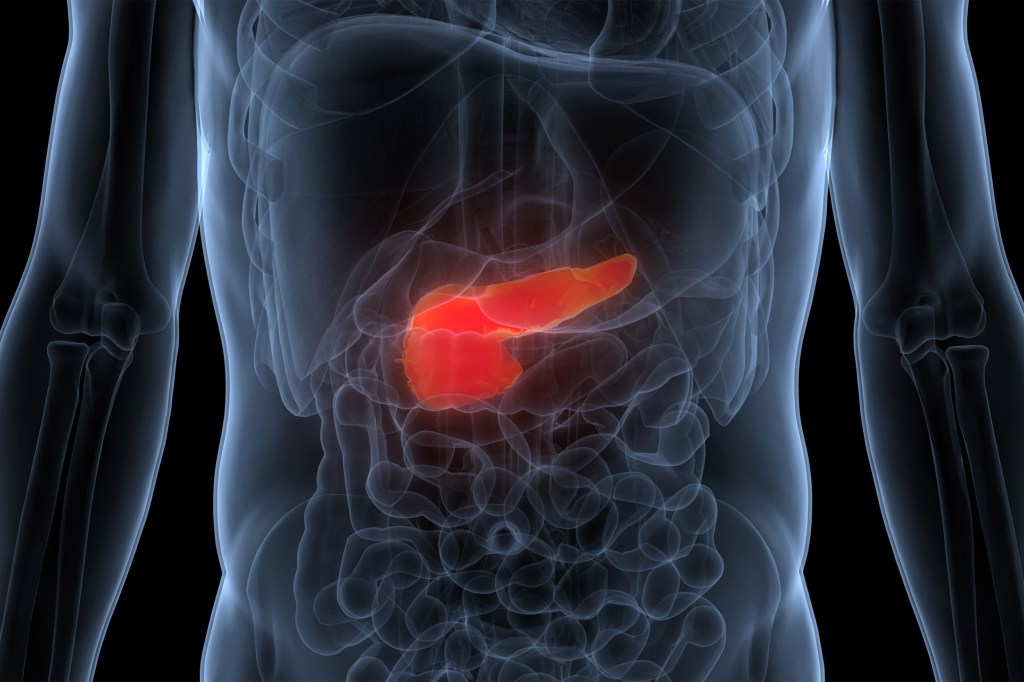
-
How much drinking is too much?
‘Harvard Thinking’ explores the health effects of moderate alcohol consumption

-
Resolve to get healthier, lose weight? Setting BMI goal might not be best way
Physicians, researchers point to limits of centuries-old metric, urge more holistic approach

-
Gene-therapy breakthrough allows congenitally deaf children to hear
Harvard scientist co-leads research, which targeted specific condition, may yield other treatments for more of the 30 million kids with genetic hearing loss

-
Why regulators may toss cold water on buzz over psychedelics
Drugs show promise as new treatment option for some psychiatric maladies, but experts see possible state, federal legal clash
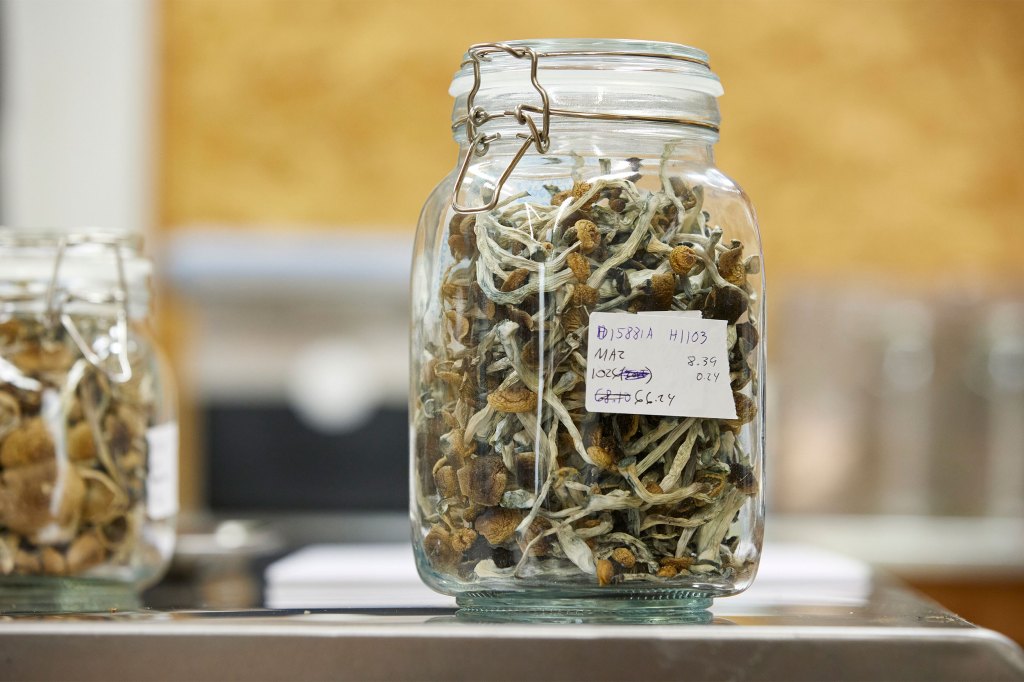
-
Drug overdose deaths remain high. Fentanyl test strips may help
Massachusetts, other states make moves to legalize indicators of contamination by potent, deadly synthetic opioid
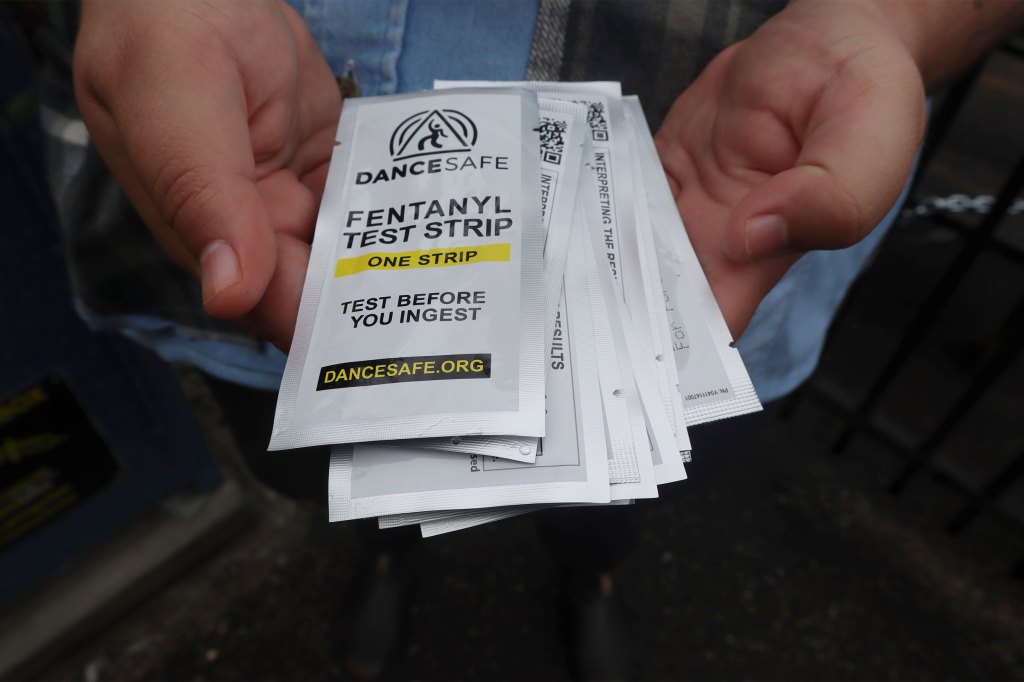
-
Harvard researchers see genetic link between anorexia, early rising
Eating disorder may also play a role in insomnia

-
Follow the research in 2024
Whether you’ve resolved to cut stress, lose weight, catch up on sleep, or be a better person, Harvard researchers have answers to help you get started

-
High rate of diagnostic error found in ICU
Nationwide study pinpoints testing mistakes as most common cause

-
Looking for the best low-carb diet? Plant-based wins again.
New study links healthy plant proteins, fats with slower long-term weight gain
